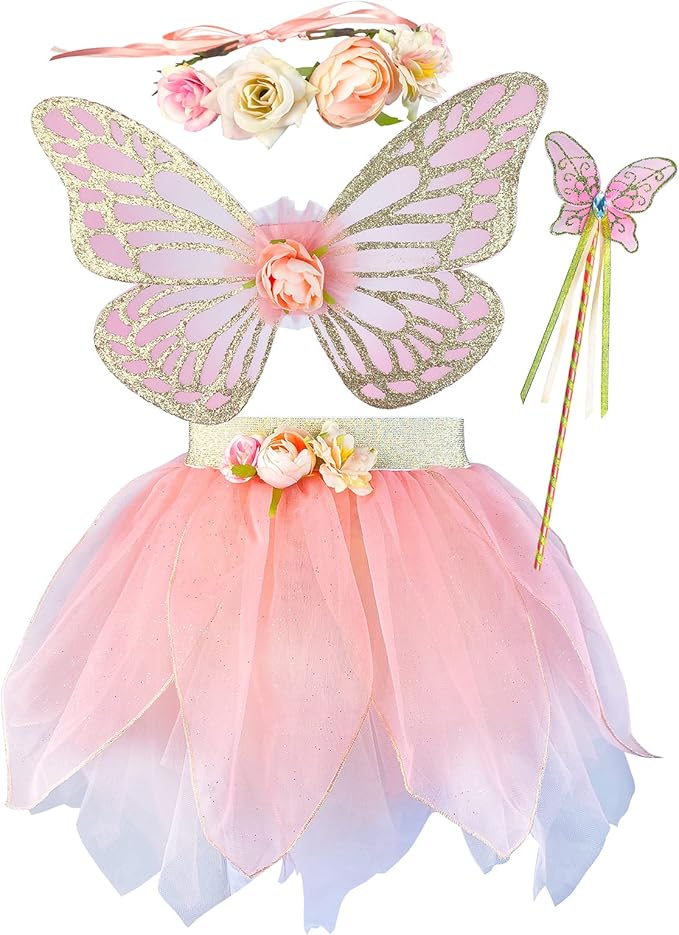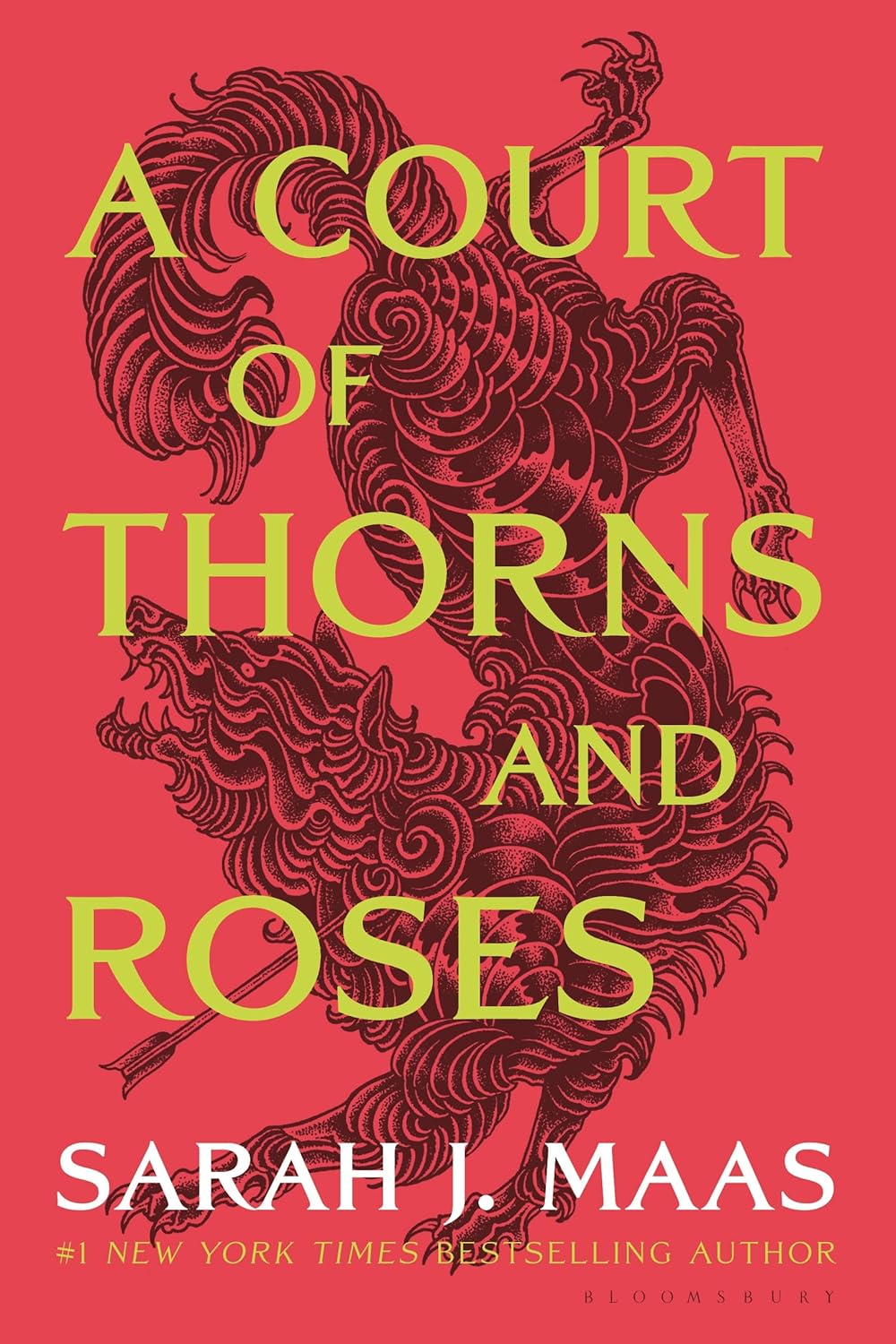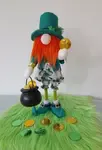- Home
- Fairy Blog
- Fairy Cakes
- Fairy Quotes
- Safety Dance
- The Flower Fairies Books
- What is a Fairy?
- Are Fairies Real?
- Elemental Fairies
- Faeries
- What are the Fae?
- Fae Fantasy Books
- Fairy History
- Origin of Fairies
- Fairies in Folklore
- Pixies
- Pixie Fairy Differences
- Gothic Fairies
- Tooth Fairy
- Fairy Festivals
- Fairy Gardens
- Fairy Garden Accessories
- Fairy Circles
- Fairy Forests
- Fairy Poems
- Fairy Tales
- Fairy Tale Origins
- Classic Fairy Tales
- 24 Fairy Tales
- Fairy Tales around the World
- About Fantasy Creatures
- Dragons
- Dwarves
- Elves
- Gnomes
- Leprechauns
- Mermaids
- Unicorns
- Fairy Face Painting
- Fairy Costumes for Kids
- Free Fairy Art
- Fairy Coloring Pages
- Fairy Crafts For Kids
- Chinese Dragon Art
- How to Draw a Dragon
- Chinese Dragon Drawing
- Dragon Coloring Pages
- Fairy Tattoo Ideas
- About Us
- Contact Us
- Disclaimer
- Privacy Policy
Why Were Fairy Tales Created?
Why Were Fairy Tales Created?
Fairy tales have long been a cherished part of human culture, enchanting readers with their magical landscapes, memorable characters, and profound lessons. They are more than mere stories; they are a tapestry woven with the threads of imagination, wisdom, and tradition. For centuries, these tales have resonated with people of all ages, transcending geographical boundaries and cultural differences.
But what is it about fairy tales that makes them so captivating? What drives their creation, and why do they continue to endure in the hearts and minds of readers across the globe? These questions open the door to a rich and multifaceted exploration of the essence and purpose of fairy tales.
Adorable Fairy Costume Set!
Includes a fairy tutu, wing, wand and flower halo - perfect for parties, dress-up play, pageants and so on.
CLICK HERE for the best price!
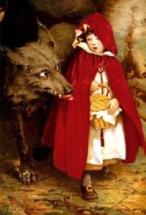
At their core, fairy tales are narratives filled with magic, wonder, and a clear sense of right and wrong. They transport readers to fantastical realms where anything is possible, where ordinary individuals embark on extraordinary adventures, and where virtue is often rewarded while vice is punished. But beyond the entertainment they provide, fairy tales serve functions that are deeply ingrained in the human experience.
In my opinion, the appeal of fairy tales lies in their universality. They speak to fundamental human emotions, desires, and dilemmas. Whether it's the longing for love, the quest for justice, or the struggle with adversity, these stories echo the timeless themes that define our lives. They are mirrors reflecting our joys and sorrows, our fears and hopes.
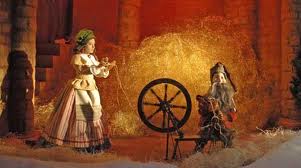
Moreover, fairy tales are bridges that connect generations. They are passed down from parents to children, from teachers to students, preserving a shared cultural heritage. Through these stories, lessons learned by ancestors continue to guide new generations, shaping values, morals, and social norms. They become part of the collective memory, etching their mark on the fabric of society.
But the magic of fairy tales doesn't stop there. They also serve as tools for personal growth, therapeutic healing, and creative inspiration. They engage the mind and touch the soul in ways that are both subtle and profound. Their layered meanings and allegorical content provide fertile ground for intellectual curiosity, emotional exploration, and artistic expression.
In this exploration, we will delve into the 10 reasons why fairy tales were created. Each reason unveils a different facet of the gem that is fairy tales, shedding light on their complexity and enduring significance. From moral lessons to cultural preservation, from child development to encouraging critical thinking, the reasons behind the creation of fairy tales paint a picture of a literary form that is as diverse as it is timeless.
Why Were Fairy Tales Created?
10 Reasons Why
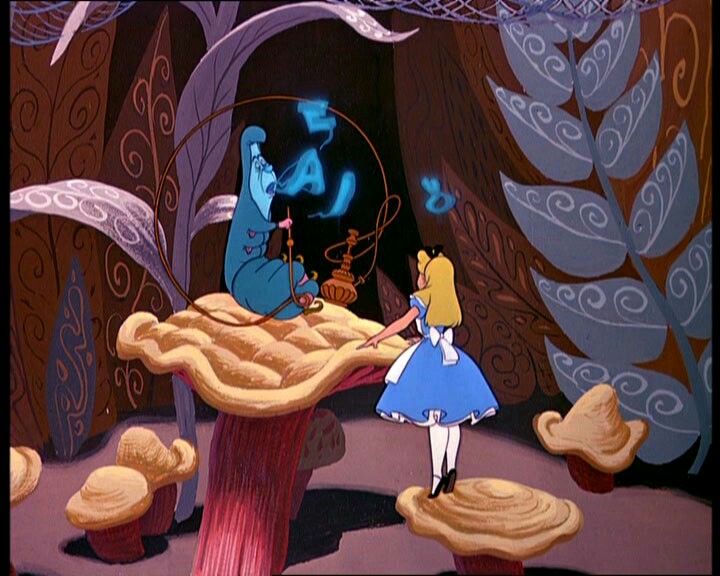
10 Reasons Why Fairy Tales Were Created
- Moral Lessons: Fairy tales are rich in moral lessons that guide human behavior. They present characters acting with honor or deceit and show the consequences of these actions. The moral compass embedded in these stories is universal and timeless. It provides an essential tool for parents and educators to teach children about ethics. My personal belief is that these stories hold a mirror to human nature, reflecting both the virtues and vices that make us human.
- Entertainment: Providing enjoyment is a core reason behind the creation of fairy tales. Their magical landscapes and thrilling plots captivate readers. From adventurous quests to unexpected twists, fairy tales offer a delightful escape from mundane reality. I think the entertaining aspect of these stories is what makes them loved across generations. They invite readers into worlds filled with wonder and excitement, nourishing the imagination.
- Cultural Preservation : Fairy tales serve as reservoirs of cultural beliefs, customs, and history. They preserve ancient traditions and provide insights into the worldviews of our ancestors. These stories connect readers with their roots and help maintain a sense of identity. In my opinion, this preservation of culture is essential for fostering respect and understanding among diverse societies.
- Child Development: Fairy tales play a crucial role in children's mental and emotional development. They teach children about bravery, kindness, and resilience, offering fictional scenarios to explore real-world emotions. I find this aspect particularly fascinating, as it guides children through complex feelings and encourages empathy.
- Socialization: Through fairy tales, children learn about societal norms and values. These stories convey the importance of cooperation, honesty, and respect, shaping how children perceive their roles in the community. I believe that this socialization process is vital for cultivating responsible and compassionate citizens.
- Therapeutic Value: The therapeutic value of fairy tales is recognized by many psychologists. These stories can help individuals process personal experiences, fears, and feelings. They provide a safe space to explore emotions and heal from trauma. I appreciate this profound connection between storytelling and mental well-being, as it underscores the power of literature.
- Symbolism and Metaphor: Fairy tales are rich in symbols and metaphors that convey deeper meanings. They transform abstract concepts into tangible, relatable narratives. This helps readers, especially younger ones, grasp complex ideas and wisdom. I think this allegorical aspect of fairy tales enhances their educational value.
- Creating Bonds: Reading or narrating fairy tales can strengthen bonds between parents and children, teachers and students, or friends. Sharing these stories fosters connection and communication. I find this communal aspect heartwarming, as it builds trust and understanding within relationships.
- Inspiring Creativity: Fairy tales stimulate creativity by encouraging readers to dream beyond conventional limits. Their fantastical elements spark artistic or literary talents, nurturing a culture of innovation and exploration. In my view, this stimulation of creativity is essential for personal growth and societal progress.
- Encouraging Critical Thinking: By posing questions and dilemmas, fairy tales encourage readers to think critically. They prompt analysis of characters' decisions, motives, and consequences, fostering a reflective mindset. I believe that this critical engagement with stories enriches intellectual development and promotes thoughtful decision-making.
In Conclusion
Why Were Fairy Tales Created
The creation of fairy tales is a multifaceted phenomenon, catering to educational, entertainment, cultural, psychological, and social needs. Their appeal lies in their universal themes, imaginative storytelling, and profound wisdom.
Personally, I am drawn to the therapeutic and cultural aspects, reflecting a profound intertwining of storytelling with human psyche and heritage. Fairy tales continue to be a significant part of our literary landscape, echoing our shared human experience, values, and dreams. With their ability to enchant, educate, and inspire, fairy tales are more than mere stories; they are a timeless legacy that unites us all.
Read more about Fairy Tales here.
Visit this page to see our list of many different Fairy Tales.
Book of the Month
The Best Selling Fae Fantasy Book! A great gift!
CLICK HERE for more information and best price!
Recent Articles
-
What Are Elemental Fairies? The Fairies Of The Natural Elements
Jan 30, 26 02:31 AM
What are elemental fairies? Elemental fairies are magical beings connected to the four natural elements—air, water, earth, and fire. -
What are Fairy Circles?
Jan 13, 26 02:35 AM
Find out how fairy circles offer a fascinating glimpse into both folklore and science. Maybe, just maybe, there's a bit of magic there after all! -
Why Fairies? About Us
Jan 12, 26 03:54 AM
About Us; Why Fairies explains our background
